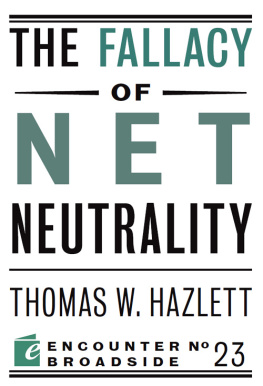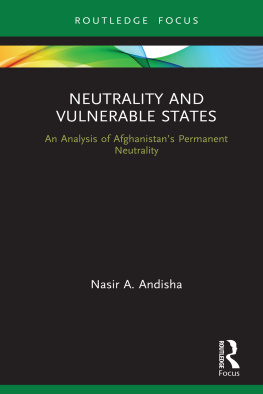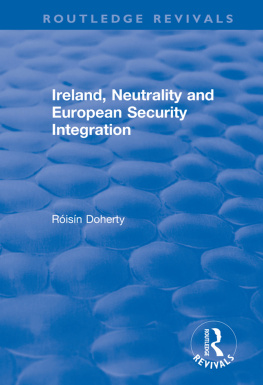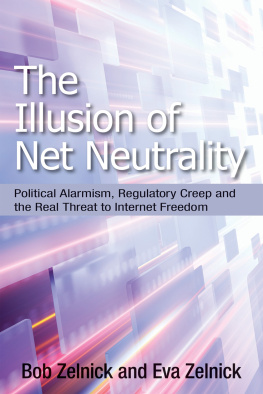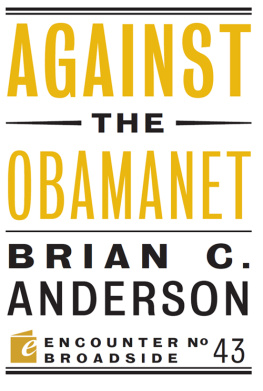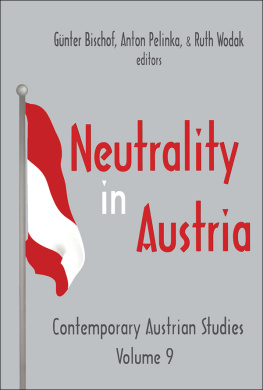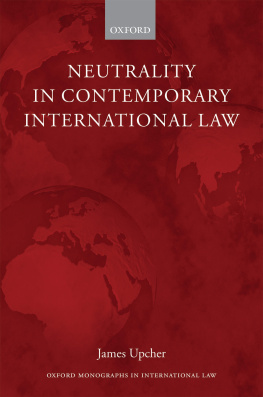AFTER NET NEUTRALITY
AFTER NET NEUTRALITY
A NEW DEAL FOR
THE DIGITAL AGE
VICTOR PICKARD AND
DAVID ELLIOT BERMAN

Published with assistance from the foundation established in memory of Amasa Stone Mather of the Class of 1907, Yale College.
Copyright 2019 by Victor Pickard and David Elliot Berman. All rights reserved. This book may not be reproduced, in whole or in part, including illustrations, in any form (beyond that copying permitted by Sections 107 and 108 of the U.S. Copyright Law and except by reviewers for the public press), without written permission from the publishers.
Yale University Press books may be purchased in quantity for educational, business, or promotional use. For information, please e-mail sales.press@yale.edu (U.S. office) or sales@yaleup.co.uk (U.K. office).
Designed by Nancy Ovedovitz and set in Scala and The Sans types by Integrated Publishing Solutions. Printed in the United States of America.
Library of Congress Control Number: 2019936695
ISBN 978-0-300-24140-2 (hardcover : alk. paper)
A catalogue record for this book is available from the British Library.
This paper meets the requirements of ANSI/NISO Z39.48-1992 (Permanence of Paper).
10 9 8 7 6 5 4 3 2 1
CONTENTS
INTRODUCTION
In the summer of 2018, a dystopian illustration of what our postnet neutrality future might look like materialized in Santa Clara County, California. That July, a wildfire broke out in the region. The Santa Clara Fire Department was dispatched to fight the blaze and used its Verizon cell phone network to help coordinate the deployment of trucks, emergency personnel, and other critical resources from all over the state. Firefighters quickly noticed that their internet access had slowed significantly. Though they had paid for an unlimited data plan, Verizon reduced the fire departments internet speed to less than 1/200 of normal download rates. The fire department contacted Verizon, which confirmed that it was slowing down the
We should anticipate more of this brazen abuse of power in the future. A small handful of private corporations owns the pipelines over which speech, commerce, and expression on the internet flow. In the wake of the Federal Communications Commissions (FCC) 2017 decision to repeal net neutrality, these companies have been given carte blanche to censor internet traffic as they see fit. It is reasonable to assume that they will do just thatunless we, as a democratic society, stop them.
Enter Net Neutrality
Few policy battles have captured the publics imagination like net neutrality. internet service providers (ISPs), and the public. Our book aims to clarify why net neutrality matters and what is to be done about it.
But first, a general definition: net neutrality refers to the basic principle that ISPs should not unreasonably discriminate against legal internet traffic and online communication, regardless of its source or destination. In many ways, net neutrality is embodied in the technical design of the internet itself. The internet was built according to the simple but brilliant end-to-end principle, which holds that the intelligence of a network exists on its edgesin the users and applications that send traffic over the network. The core of the network acts as dumb pipes, as passive infrastructure that merely funnels traffic to the edges of the network. In short, the internet was engineered to maximize the liberty of users while limiting the power of network owners and operators to manipulate traffic.
As a policy principle, net neutrality serves as an essential safeguard that prevents ISPs from interfering with the traffic that flows through their wires. Net neutrality gives the FCC the regulatory authority to prevent the likes of Comcast and Verizon from slowing down (throttling) or blocking users access to content. Net neutrality also prevents ISPs from pressuring websites to pay for faster streaming and load times, an extortion scheme that is euphemistically called paid prioritization. This practice creates fast lanes for wealthier companies that can afford to pay up, leaving everyone else stuck in the internets slow lane.
Slow lanes are far more than a nuisance for internet users: they have the potential to dramatically alter our political, social, and civic lives. Numerous studies show that the longer it takes for a website to load, the more likely it is that visitors will simply navigate elsewhere. A delay of just a few seconds can cause a website to lose upwards of one-third of its traffic. Allowing ISPs to divide the internet into fast and slow lanes will inevitably amplify the voices, ideas, and worldviews of those with power and resources, while marginalizing those without them.
Thus, while some view net neutrality merely as a technical debate over how we should manage the thousands of miles of wire that power the internet in the United States, we argue that net neutrality bears directly on some of the most fundamental normative and political questions that every democratic society must answer. Who has the power to speak in the public sphere? How can we ensure widespread access to the information that is needed to sustain a self-governing populace? Can the communications infrastructure that is needed to support a democratic society be entrusted to self-interested corporations? If not, what alternatives are there?
Although net neutrality is itself not sufficient for dealing with the manifold threats to internet freedom posed by monopolistic ISPs (to say nothing of platform monopolies such as Google and Facebook), it is nonetheless, in our view, a crucial prerequisite. As we will discuss, a world without net neutrality is one that imperils the internets democratic potential. Losing net neutrality subjects the most important information and communication infrastructure of the twenty-first century to the profit-seeking whims of a small number of large commercial firms.
The unfolding of the net neutrality saga since the early 2000sits many twists and turns, dramatic moments, and activist hijinksis a fascinating case study. But it is also, at times, downright confusing. Between the technical jargon, reams of industry talking points, legalistic-sounding distinctions between Title I information services and Title II telecommunications services, and the thick web of political obfuscation that has engulfed much of the battle over net neutrality, the entire story could benefit from some clarification. This book aims to do just that: explain how we got here and what we need to do to push forward.
Overview of the Book
This book provides a concise and comprehensive overview of the history, politics, and ongoing activism around net neutrality. A complete account requires a much longer book, or perhaps a series of books, but we try to cover the most salient aspects, with an emphasis on the policy roots, economic structures, and social forces driving the debate. This book is, admittedly, an American-centric account of net neutrality. While we focus on net neutrality in the context of the United States, our analysis holds implications for net neutrality battles in other countries as well. We also note at various points how the current trajectory in the United States reflects a degree of American exceptionalism when compared to other leading democracies.
Our objective is not just to describe the net neutrality debate; we also aim to change it. While some scholarship on net neutrality draws on theories of law and economics that prioritize considerations of market efficiency, economic growth, competition, and innovation, our analysis favors principles of equality, distributive justice, civil rights, and democratic participation. monopolies, which may at times seem like a struggle between elites, we also try to examine this history from the bottom up, drawing attention to the social movements, activists, and concerned citizens who have propelled the net neutrality debate forward.
Next page

